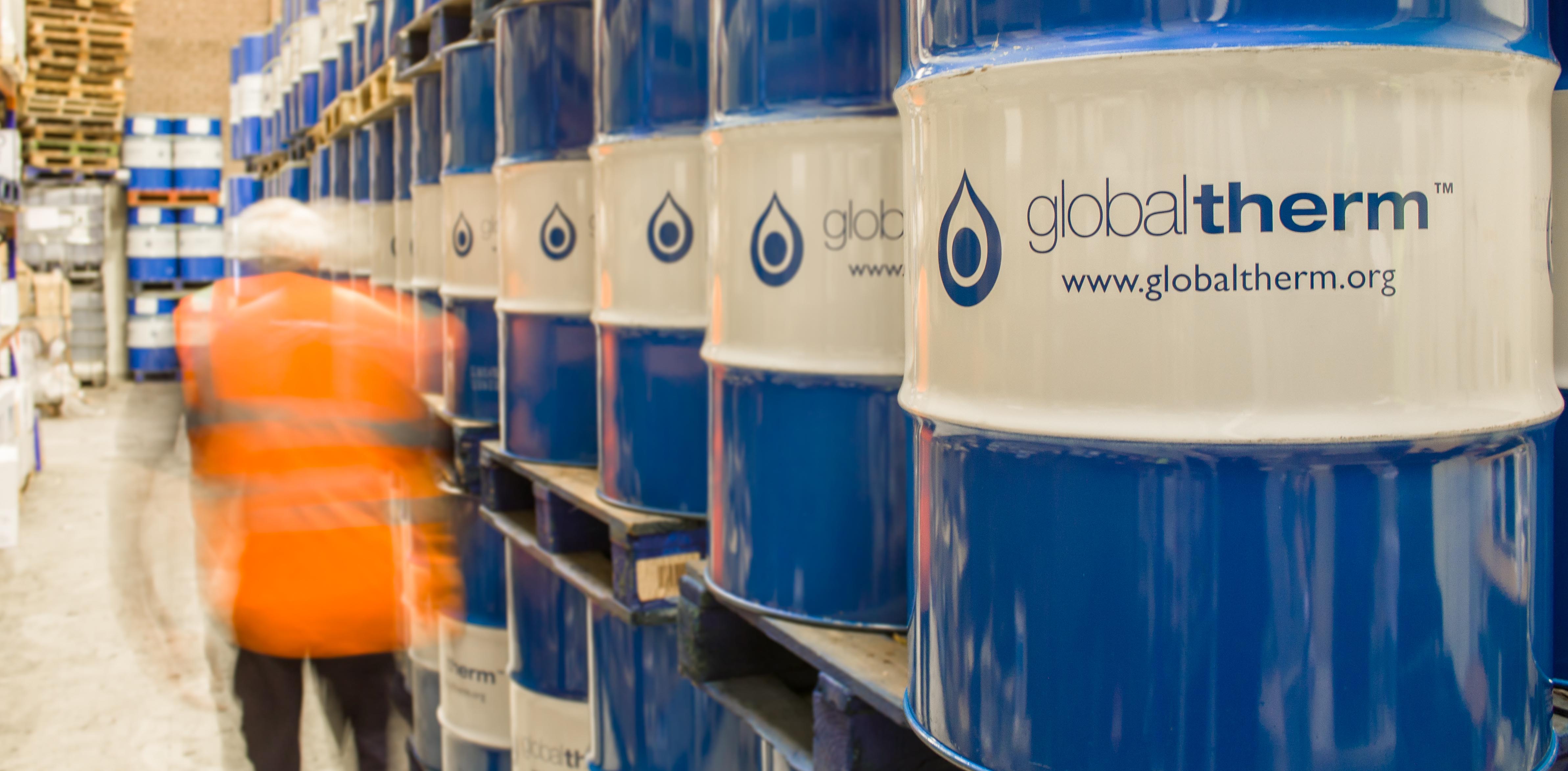Why Warmth Transfer Fluid Is Necessary for Optimizing Energy Transfer in Equipment
The function of warmth transfer fluids in maximizing power transfer is pivotal for accomplishing efficient thermal monitoring throughout different industrial industries. These fluids assist in smooth heat exchange, guaranteeing processes operate within optimum temperature ranges and reducing the threat of getting too hot.

Role in Thermal Monitoring
Heat transfer liquids play an essential role in thermal management by efficiently managing temperatures in numerous industrial procedures and systems. These specialized liquids assist in the transfer of heat in between various parts, guaranteeing ideal operating problems and avoiding overheating. By preserving specific temperature control, warmth transfer liquids enable sectors such as chemical production, oil and gas, and power generation to run safely and effectively.
The choice of a proper warm transfer liquid depends upon a number of elements, consisting of thermal security, warmth capability, and thickness. High thermal stability guarantees that the fluid can withstand severe temperature levels without breaking down, while a high heat capability permits it to take in and release significant quantities of warmth - heat transfer fluid. Reduced viscosity minimizes the energy required for pumping, adding to total system performance
Furthermore, heat transfer fluids are essential in applications like refrigeration, where they help absorb and dissipate warmth during the cooling cycle. In solar thermal energy systems, these liquids capture and transportation solar warmth to produce electricity or provide warm water. Their flexibility to varied operating problems and capability to maintain constant thermal efficiency highlight their relevance in commercial thermal management, facilitating operational continuity and improving safety procedures.

Enhancing System Effectiveness
To make the most of the benefits of thermal administration, enhancing system performance via the critical usage of warmth transfer fluids is critical. By maintaining optimum temperature degrees, warmth transfer fluids assist make sure that systems operate within their created parameters, therefore preventing getting too hot and decreasing the risk of component failure.

Sorts Of Warm Transfer Fluids
The variety of warmth transfer fluids underscores their essential function in a variety of commercial applications, each customized to meet specific thermal management demands. These fluids facilitate efficient energy transfer and are selected based upon key residential properties such as thermal security, viscosity, and warm capacity. The primary types consist of water, glycol remedies, oils, and synthetics, each offering unique advantages.
Water is the most you could check here typical heat transfer tool as a result of its high specific warmth ability and reduced price. Its use is limited by its cold and steaming points. Glycol mixes, commonly used in cooling and heating systems, provide a lower cold point, including convenience in various climates. Mineral oils are preferred for their thermal security and non-corrosive nature, making them suitable for find more info high-temperature applications.

Artificial fluids, consisting of silicone and aromatic compounds, offer remarkable thermal security and are made use of in environments demanding extreme temperature varieties. These liquids ensure exceptional performance in systems where standard liquids might fall short. The option of a heat transfer fluid is crucial, as it influences system effectiveness, safety and security, and long life. Each kind has to be chosen to align with the operational demands and the specific conditions of the application it serves.
Environmental and Economic Conveniences
Making use of the ideal warmth transfer liquids provides considerable environmental and economic advantages for commercial procedures. By choosing fluids with superior thermal security and high warmth capability, markets can enhance energy performance, bring about minimized try this website fuel consumption and reduced greenhouse gas exhausts. This adds to a smaller carbon footprint and straightens with international sustainability goals. Eco-friendly warmth transfer liquids, typically naturally degradable and non-toxic, decrease the danger of soil and water contamination in case of leaks or spills, thereby protecting ecological communities and abiding with rigid environmental laws.
Economically, the appropriate warmth transfer liquid can dramatically reduce functional prices. Fluids with prolonged lifecycle performance decrease the regularity of substitutes and upkeep, decreasing downtime and associated costs. Overall, the critical usage of ideal heat transfer fluids sustains sustainable economic development and environmental stewardship.
Picking the Right Fluid
Exactly how does one browse the intricate process of picking the best warmth transfer liquid for industrial applications? Thermal stability makes certain the fluid can endure high temperature levels without degrading, while compatibility avoids deterioration or other harmful responses with system parts.
Additionally, the fluid's heat capacity and thickness are vital. A high warm capacity allows the liquid to take in and transfer more energy, enhancing performance.
Verdict
The critical option and application of warm transfer fluids are basic to enhancing energy transfer throughout different systems. By guaranteeing high thermal stability and ability, these fluids offer specific temperature level control and improve overall system performance. This optimization adds to reduced functional costs and reduced greenhouse gas discharges, thus advertising sustainability. The choice of liquid, tailored to details viscosity and functional demands, is important for making best use of efficiency and achieving financial and environmental benefits in industrial procedures.
Comments on “How to Pick the most effective Heat Transfer Fluid for Industrial Applications”